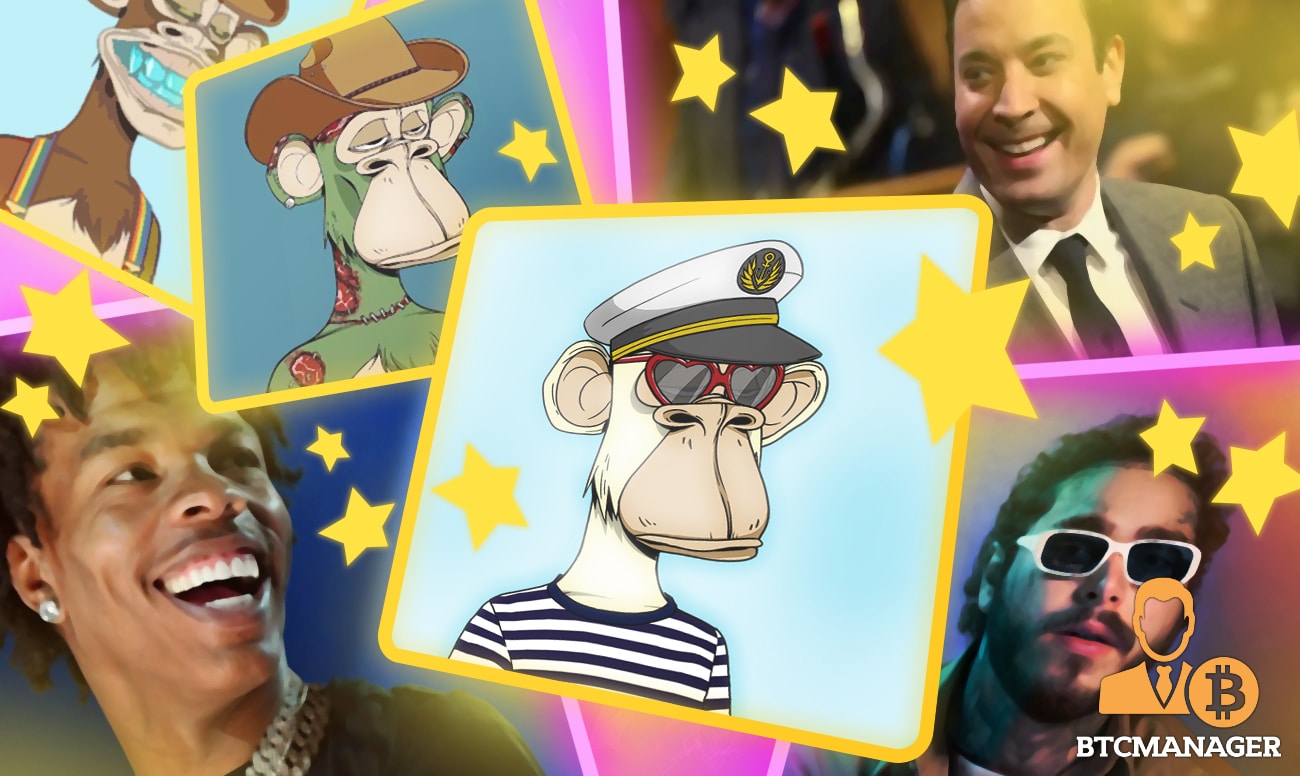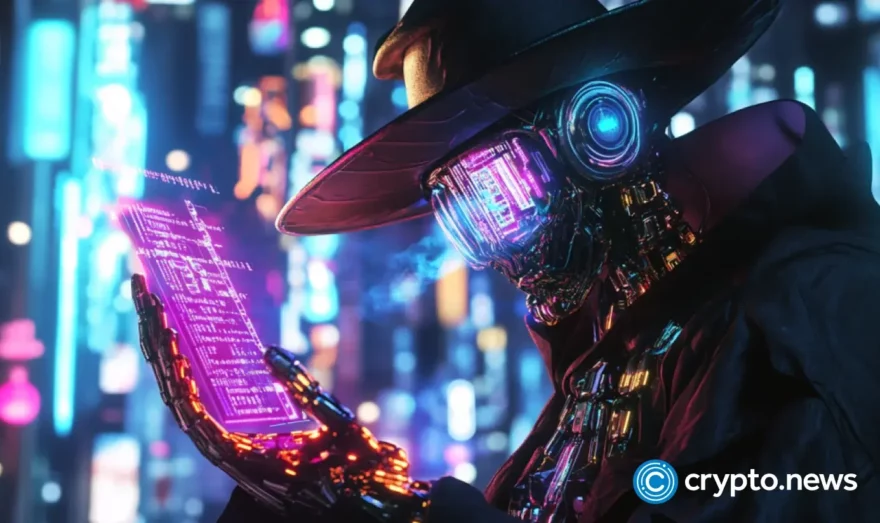US Celebrities Jump into Crypto As More Artists and Sports Figures Turn To NFTs

US celebrities are joining the ongoing NFT craze with Post Malone, Kygo, Lil Baby, and Jim Fallon confirming to be in possession of tokenized apes. According to recent reports, the adoption rate of the NFT apes innovation is very high, with a considerable number of celebrities purchasing them.
US Celebrities Join the NFT Craze
Celebrities like Post Malone, Jimmy Fallon, Lil Baby, Nicki Minaj, and Kygo are some of the latest public figures to join the ongoing NFT craze. These prominent people now hold some of the most prized digital assets in the world.
Most of these public figures are now showing off apes worth about $4 million, which few can afford. That’s a crazy amount of money, considering that it may be a lifetime salary of even some of the most learned professionals.
Self-interest, greed, and the profit motive would be some explanations for the quick adoption of NFTs. One can argue that artists have found a new way of maximizing profits and will not back away any time soon.
ART Rebounds To the Profit Motive
The internet now holds an economic advantage to the art industry since artists currently have the ability to sell their work online. NFTs have established themselves as a first-time solution to piracy, helping artists track their work and earn the profits that they deserve.
NFTs are trying to bring a better way of appreciating creativity, and these tokenized apes images are finding ways to make that a reality. Back in 2017, CryptoKitties caught the attention of many. The network enabled people to crossbreed kitties and come up with digital offsprings that harbour rare traits. The demand for people to breed and sell the assets through the ETH network was too high for the network to handle.
The Bored Ape Yacht Club (BAYC) NFTs compare to CryptoKitties, but they are not bred; people hunt them, and sometimes they prove too hard to find, making them rare automatically.
The Foreseeable Future For NFTs
Due to the quick adoption of NFTS, the art industry may undergo some profound transformations. The world might get back to the one-to-many art expression forms, potentially re-introducing organic discovery and production.
NFTs are good since no one can copy them and disrupt the original distribution plans due to the integrity of their designs. This functionality makes them a diverse space that evolves every day to fund significant art innovations. That way, some of these NFTs won’t go anywhere; maybe some might. However, it’s up to the market to decide as time passes.














